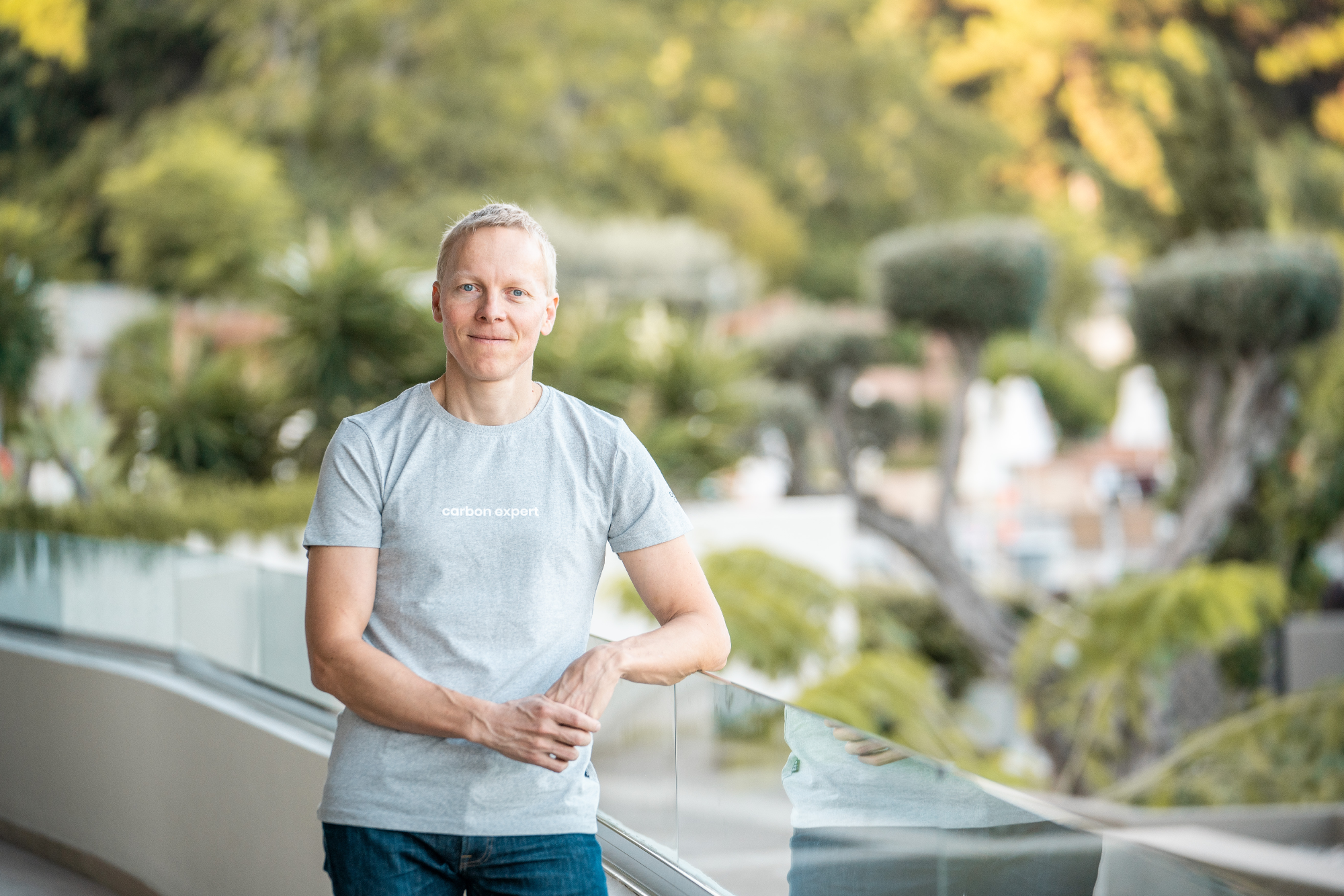Reviewed by Lexie CornerFeb 23 2024
Decarbonization tech platform One Click LCA has launched a new international study about decarbonizing the construction value chain. According to the Construction LCA and Embodied Carbon Experts Outlook 2024 report, 59 % of respondents expect at least a 10 % reduction in embodied carbon emissions in buildings by conducting life-cycle assessments (LCAs).
 Panu Pasanen. Image Credit: One Click LCA
Panu Pasanen. Image Credit: One Click LCA
But at the same time, 83 % of respondents state that a lack of national regulation and policies is a barrier to LCA adoption. Furthermore, over 80 % of respondents highlighted the need for more awareness from developers and investors as a significant hurdle in making progress in reducing embodied carbon emissions.
The built environment significantly contributes to global climate change and is responsible for over 50 % of annual carbon emissions. These emissions stem from both embodied and operational sources. The most commonly understood source is carbon emissions from operating and using a building over its lifetime. Embodied carbon is CO2 produced from manufacturing, transporting, and installing building materials — the carbon footprint of a construction project before it becomes operational.
LCA is a tool for calculating the environmental impact of processes and products during their life cycle. LCA helps to understand and minimize negative environmental impacts from construction and manufacturing and identify and reduce embodied carbon emissions — from material choices to the construction process itself.
The study included both demand and supply-side factors that limit the adoption and implementation of LCAs and embodied carbon reduction. On the supply side, 87 % of the study respondents rated a lack of manufacturer environmental product declarations (EPDs) as the most limiting factor to LCAs and embodied carbon reduction. EPDs show a product's environmental impact and performance, including carbon footprint and resource consumption, in manufacturing and other life-cycle stages.
“Energy efficiency has lowered operational carbon emissions, but reducing embodied carbon is just as important. These are emissions that are being released into the atmosphere right now. We are in the middle of the largest wave of building and infrastructure growth in history, and global building stock is expected to double by 2060, the equivalent of constructing a New York City every month. Reducing embodied carbon immediately combats climate change and is critical for decarbonizing the construction sector,” says One Click LCA’s Founder and CEO, Panu Pasanen.
Development makes LCAs faster, but scarce resources still impede progress.
A lack of LCA adoption and scarce resources also hinder progress. 47 % of respondents perform LCAs for less than 5 % of their projects. Simultaneously, almost half of the respondents acknowledge that their companies' resources were insufficient to meet current demands for LCA and embodied carbon reduction. As an encouraging sign, the majority (65 %) expressed their willingness to hire one or more individuals to tackle embodied carbon within the next year.
78 % of respondents expect significant workload reductions over the next three years, with many also suggesting a reduction of as much as 30 % from developments in technology, processes, and learning. The report findings emphasize the need for efficiency and optimization in LCA processes, particularly because technology makes performing LCA easier and faster.
Key factors driving the reduction of time spent on assessments and optimization in the future are LCA automation and other software such as BIM (building information modeling) tools.